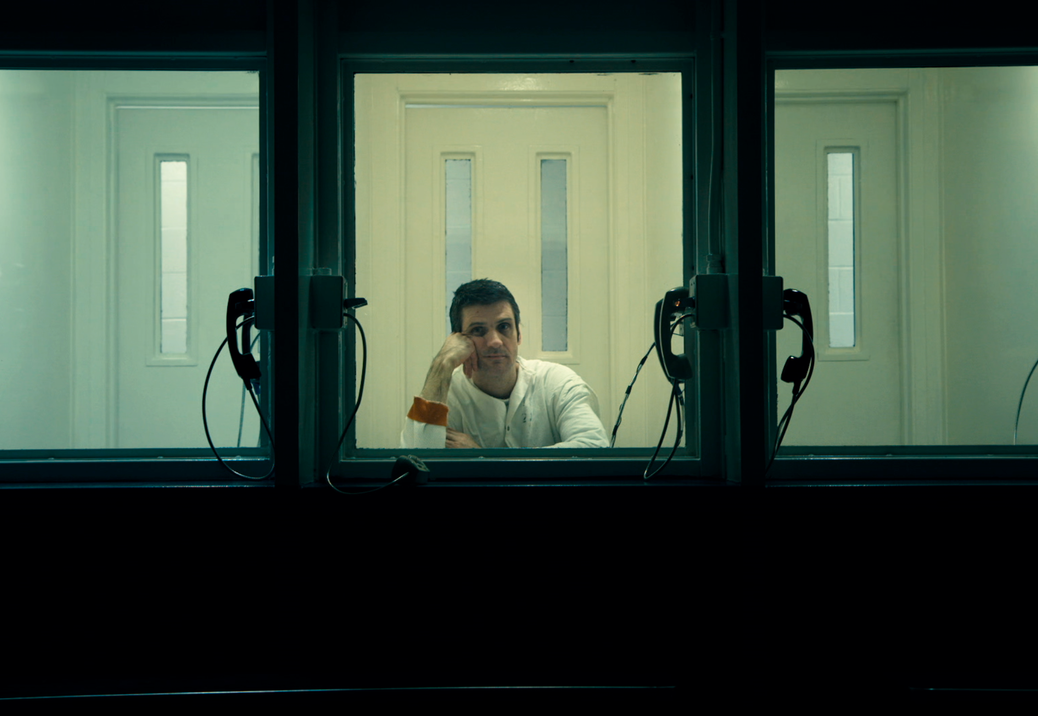
The consequences of capitalism’s mismanagement are sharply shown by Round’s wandering but powerful film
Capitalism is a tough customer. A system of systems it doesn’t sit still under the any lens, behaving like a semi-conscious amorphous blob that only really takes shape when it comes up against the straight edges of its more ideological rivals. So when it comes to serious analysis of this phenomenon there is not so much a nettle to grasp as to define.
But a nettle it is, The Divide, a documentary from Katharine Round on general release later this month, takes a raw and pronounced view on contemporary capitalism and the extreme imbalances of wealth, health and social well-being it has created. The film is framed around the lives of several individuals in both the USA and UK, the majority struggling along a taught breadline above churning financial waters, a minority well removed by wealth but existentially lost inside demanding jobs and Teflon societies.
They are well documented and informative narratives but they struggle to form a thread. Documentary often works best at the poles of method – either with deliberate advocacy or objective exposure. Round, clearly a talented film maker, tries to use the latter as a vehicle towards the former but loses her path in the sprawl of the subject.
There are other divides too. The Gotham City soundscapes are unnecessary and trite as they emotionally colour the stories of her subjects, while the talking heads of academia, couched against well-stocked bookshelves, seem ever distant to the petri-dishes of reality they refer to.
But perhaps that is the point. The film is interposed with archive news reels charting the course of economic and social policy over the last 35 years as it tries to process trace the attempts, and abject failures, of capitalism to provide fairness, social mobility, wealth and health, beginning with Thatcher and Reagan. Such tracing initially looks like an attempt to read history backwards, a reasoning compelled by the recent credit crunch and subsequent financial crisis. Round’s focus on the well-being of her subjects does go somewhat deeper than this however, revealing the repeat failure of Western capitalist systems to deliver happy lives to its citizens, either through design, misappropriation or disinterest.
And therein lies the crux. While Round meaningfully asserts the social consequences she misses the beat in explaining them and gives too much heed to the idea that individuals have been knowingly deprived by the callous greed of the rich and complicit obtuseness of politicians. Maybe that is enough though – Politicians, economists and private sector financiers have made careless mistakes that have both ruined the lives of millions and, tragicomically, underlined their own importance in a system it is easier for them to jack-knife than to comprehend. But there are still many ways this film could beef up its economic credentials: Perhaps the trade deficits created by China’s trajectory against post-industrial economies deserves more recognition, perhaps the shifting sandbanks of oil prices. However, where this film does succeed is where Round brings sharpest focus: in highlighting the detrimental effects of these phenomena on society.
At one end of the spectrum we see the lives of zero-hours contract workers in the North-East, chicken shop employees in America’s South and alcoholic rappers in Glasgow, all sharing a desire for health and family provision. At the other end we meet a Californian mother paranoid about the judgment of her peers inside the gated community in which she lives and a Wall Street psychologist called Alden who finds the idea of earning a mere $100,000 ‘just awful’. It is depressing stuff: When house hunting in the affluent Boulder Ridge Alden remarks ‘nice cars here’ as if the material aspirations of the American Dream weren’t base enough; as if the principles of the Enlightenment were a commodity too. Cue Noam Chomsky to suggest an economy based on informed consumers making rational decisions is an illusion shattered by any advert break you watch.
Other documentary makers, notably the mercurial Adam Curtis, have suggested the Invisible Hand is invisible because it doesn’t exist. Round furthers this, showing that the Rising Tide has a tendency to swamp more boats that it lifts. Market capitalism gets short shrift here but it is not to blame for the position these people find themselves in, although the decisions of our leaders, and banks, clearly are. When we meet a prisoner describing the ‘ball of hate’ created in him by the three strikes and you’re out policy that gave him a life sentence it is difficult not to rail against an injustice. But while we have empathy we do not have a clearer picture of the divide. Unfortunately the truth often makes emotion look cosmetic.
But while Round’s chosen narratives are rhizomatic they nevertheless have gravity, forming a timely and uncompromising examination of the social consequences left by capitalist irresponsibility. Although syncopated this powerful and important film does ask what the legacy of our market system should be and whether we are able to step out of its self-prescribed narrative.
The Divide is in cinemas from 22 April and nationwide on 31st May






